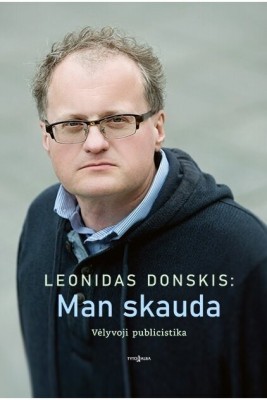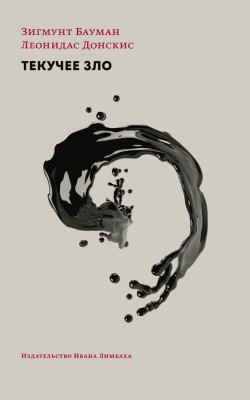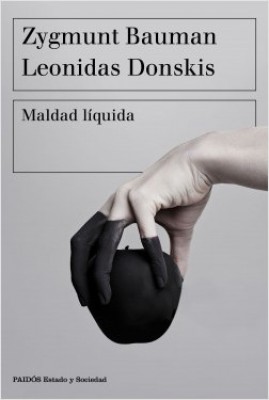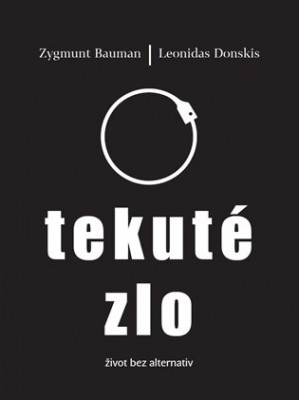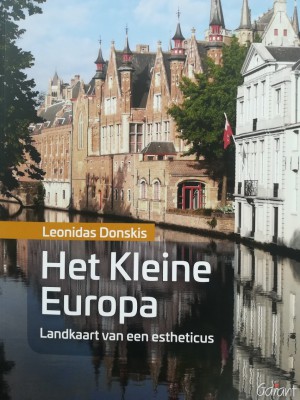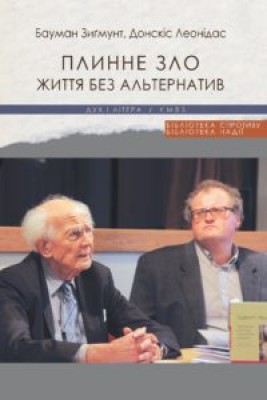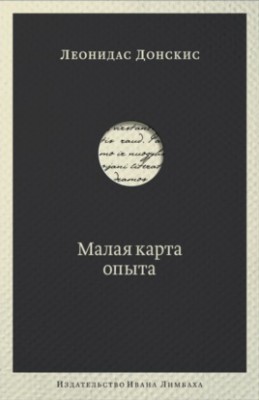A Flashback of a Memoir: Witnessing High Treason
In the wake of the Russian-Ukrainian war disguised as an internal conflict in Donbass, the surge of ethnic minority political parties in the Baltic States calls for attention. That Russia has repeatedly launched a massive media and psychological attack against the Baltic States obvious to anyone not devoid of the sense of reality. Yet it would be simplistic to refer to Russia’s political presence as the only factor that might explain the rise of the Russian and Polish minority parties in the Baltics. In fact, this tendency signals the arrival of the new phase in the political life of the Baltic States; nay, this tendency can be characteristic of the EU at large. On a closer look, it appears that the EU is increasingly becoming the new political battleground for major, mainstream, and even marginal political parties all over Europe. At the same time, I regard the existence of the ethnically formed political parties in EU countries as a profound misunderstanding, if not a political anomaly.
As a former MEP (2009-2014), I remember the ways in which some MEPs from the Baltics eagerly and aggressively pursued their political interests trying to squeeze their hidden domestic agendas in the EP work. One of the reasons why this was and continues to be possible in the EU and its major democratic institution is a rather weak political interest in the EP among mainstream policy makers of Europe accompanied by a low turnout of the national electorate during the EP elections. In fact, small and marginal political parties may increase their chances to qualify for the European club, thus gaining the new arena and the new playground for settling their national accounts and finishing their unfinished businesses at home. Being the fifth column at home, these marginal figures can be instrumental and quite successful in dealing a blow to the reputation of the Baltic States in terms of human rights record and respect for minorities.
The easiest way to prove this to have been the case would be to recall some of the Members of the European Parliament from the Baltic States, who did not hesitate to overtly lobby Russia’s strategic interests organizing the political seminars jointly with the Russian Embassy in Brussels or advocating Russia’s human rights record which can compete now with that of China and Iran over who is second to North Korea in terms of the hell of earth for human rights defenders, dissenters, and conscious citizens. Some of them spoke out against their countries as if their interest lay solely in how to discredit their constituencies and countries whose state institutions, civil societies, and citizens they represented.
I will never forget a most telling episode from the European Parliament’s life, which can best expose the contrast between Russia’s human rights defenders and the Kremlin’s advocates from the Baltic States. In 2009, I participated in the hearings on Russia’s human rights abuse record where the great and incomparable Sergei Kovalev was invited. After the official hearings, we have had a seminar where we continued our discussions focusing on some particular and well-known cases. What happened next there was an intervention that deserves to be quoted and thoroughly analyzed by the posterity.
Tatyana Zhdanok (Tatjana Ždanoka), a former MEP from Latvia, expressed her discontents over the hearings suggesting that Russia should not be singled out on the grounds of her violations of human rights, and that we should pay more attention to the violations of human rights in the Baltic States and especially in Latvia where, according to her, the Russian-speaking minority is increasingly persecuted, offended, and deprived of its dignity. Sergei Kovalev rose immediately to react. He commented on the aforementioned pearl of political wisdom in his calm and lowered voice, as usual. “No state on earth is ever going to be perfect,” he said. “There are no perfect states, as we know. But to compare and even equalize a normal, albeit imperfect, state with present Russia is profoundly immoral.” I thought that I hardly had anything to add to his words.
Yet we have our own lion’s share of this disgrace and story of high treason in Lithuania. It suffices to recall Valdemar Tomaševski, a present Lithuanian MEP, the head of the ethnic Polish party in Lithuania, who consistently miscast his country ad who recently went so far as to wear Russian St. Gregory ribbon – well, what can one say about one’s wearing this new swastika of our days after the state-sponsored terror of Russia in Ukraine? It does appear as an act that exposes the person in question to the full without any need to add something here.
Another highlight of treachery and political cynicism would point at Viktor Uspaskich, one more MEP from Lithuania, who had long been prosecuted by Lithuania desperately trying to save his legal immunity via his office in the EP (he continues to do so now). In the ALDE (liberal group in the EP) hearings on Russia, Uspaskich began insinuating on Lithuania as allegedly persecuting him for ethnic and political reasons. He opposed the idea that Russia is worse than EU countries in terms of its human rights record. Gary Kasparov reacted immediately suggesting wittily that it appears as holy naiveté, to say the least, to compare a normal, albeit imperfect democratic European state, with Putin’s Russia, and that it strikes him to hear this from an EU politician.
It does not take much wisdom to serve as the Trojan horse of the Kremlin in the Baltic States only due to some local discords and animosities. Especially when the naiveté or cynicism of some of West European colleagues in the EP leads them so far as to portray the fifth column of the Baltic States as human rights activists. Hopefully, Putinism has become an eye-opener.
© 2014 The Baltic times. All rights reserved.

